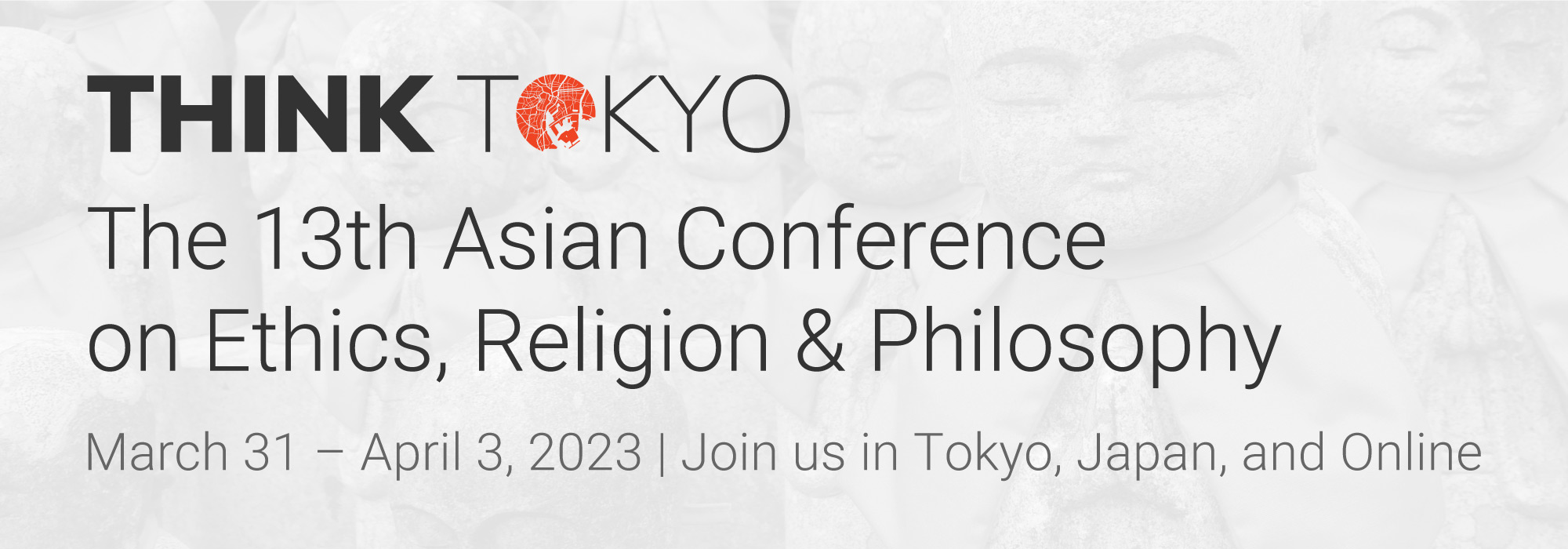Gaming Motivation: Developing a New Tool To Measure Psychological Motivations to Play Video Games (67468)
Session Chair: Ching Chih Liao
Saturday, 1 April 2023 16:00
Session: Session 4
Room: Room 703
Presentation Type:Oral Presentation
Video games are rapidly becoming a part of our daily life, both for entertainment and learning purposes, and people of every age play them. The literature about gaming motivation has exponentially increased in recent years and researchers are thriving to understand what pushes people into playing video games by building scales that are able to do so. In this study, we have developed and validated a scale to investigate and assess the psychological gaming motivation that leads people to use video games to satisfy their basic needs without relying on a specific type of video games on the Italian gaming population. The proposed scale included 99 items that were administered to 543 players. Exploratory Factor Analysis partially confirmed the initial theoretical framework of 18 factors and lead to a new 16 model factor: 12 were already quite established in the literature (autonomy/creativity; boredom; competition; completionism; coping; diversion; entertainment; escapism; habit; nostalgia; self - esteem and social), 2 resulted as the integration of two already existing motivations (immersion and fantasy; challenge and mastery), 2 were completely new (aggressivity and freedom). Younger and less educated people have stronger motivation than adult players; gender comparisons showed that males play mainly for competition and mental challenge reasons, while females for escapism and completionism reasons. Regarding the type of games, PvP players play mostly for competition, challenge, self - esteem and social reasons, while PvE players play usually for coping, immersion/fantasy, and competition reasons.
Authors:
Mustafa Can Gursesli, University of Florence, Italy
Alessia Martucci, University of Florence, Italy
Mirko Duradoni, University of Florence, Italy
Andrea Guazzini, University of Florence, Italy
Alan Mattiassi, University of Florence, Italy
About the Presenter(s)
Mustafa Can Gursesli is currently pursuing his Ph.D. in Information Engineering, at the University of Firenze and working in VirtHuLab. His research interests are clinical psychology, game studies, social psychology, and artificial Intelligence.
Connect on Linkedin
https://www.linkedin.com/in/can-gursesli-8854a5136/
Connect on ResearchGate
https://www.researchgate.net/profile/Mustafa-Gursesli
See this presentation on the full schedule – Saturday Schedule





Comments
Powered by WP LinkPress